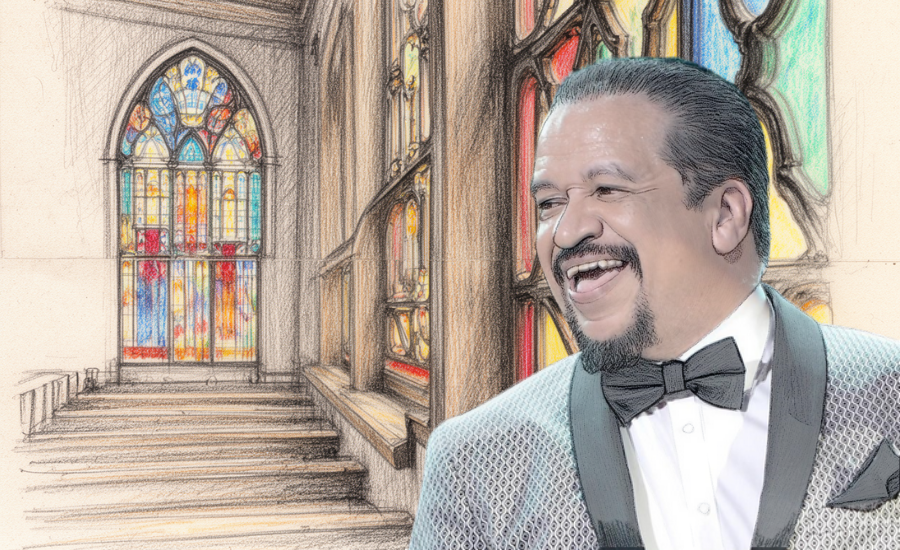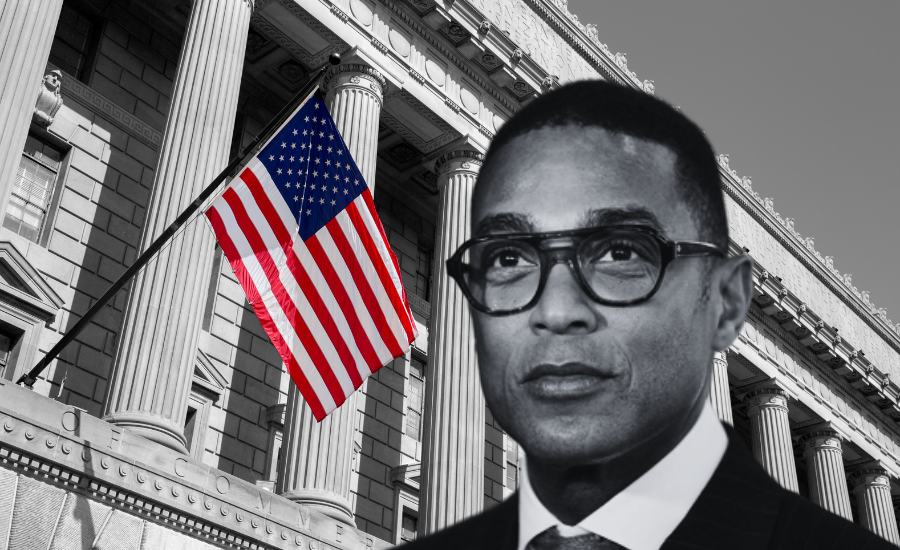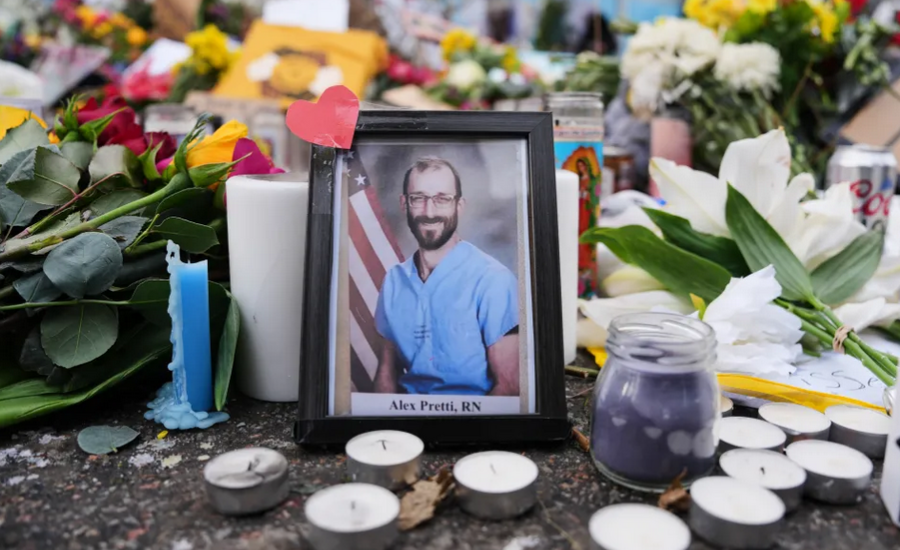Sweeping Out the Sanctuary: The Bishop Ellis Scandal and the Black Church’s Reckoning with Integrity
Bishop Charles H. Ellis III admits to an “inappropriate relationship,” fueling debate on abuse, grace, and accountability in the Black church.
Written By Alicia Brown // EEW Magazine Online
Bishop Charles Ellis acknowledges an 'inappropriate relationship' with a former church member following viral social media posts. (EEW Magazine)
In July 2025, Detroit’s Greater Grace Temple was thrust into the spotlight for all the wrong reasons.
Bishop Charles H. Ellis III, the church’s long-revered senior pastor, confessed to an "inappropriate relationship" with former congregant Melody Walker after her allegations of a years-long affair exploded across TikTok and other social platforms. Walker, who claims the relationship began in 2002 when she was a vulnerable 22-year-old single mother, described not just a private betrayal, but a spiritual one.
The fallout has been swift and public, prompting renewed debate about the Black church’s pattern of protecting leaders at the expense of congregants.
Bishop Charles Ellis III and First Lady Crisette Ellis (Credit: Charles Ellis Instagram)
Walker’s account, which she posted under the nickname “Melodic Story,” is detailed and deeply personal. She says the relationship with Ellis, who was 47 and married at the time, lasted intermittently for more than a decade, ending around 2018. Walker has described emotional manipulation, a profound power imbalance, and the spiritual devastation left in the wake of the affair. She also alleges financial entanglements, including a joint bank account, which Ellis denies.
In her videos, Walker, who shares that she came from a history of abuse, reflects, “Who I was at 22 is not who I am now,” admitting she was initially “flattered that a man of that magnitude was taking interest in me.”
She insists this isn’t about revenge. It’s about healing and holding leaders accountable. Her story has struck a nerve, fueling hashtags like #BishopEllisAffair and #ChurchScandals, and inspiring others to share their own experiences with clergy abuse.
The public pressure forced Ellis to address the congregation directly. In a July 21 email to his flock, he admitted to an "inappropriate relationship" with Walker, but downplayed her account, describing the affair as a "past sin" that had been dealt with privately through counseling and repentance. He cited 1 John 1:9, invoking forgiveness, and Galatians 6:1, which encourages restoration. Yet Ellis also categorically denied some of Walker’s claims, including the alleged joint bank account, and insisted the relationship ended years ago. He stated he had retained legal counsel, Mario Morrow, who declined to elaborate.
"The statement speaks for itself," Morrow said.
This is not the first time Ellis has faced public scrutiny. In 2018, during Aretha Franklin’s televised funeral at Greater Grace Temple, Ellis was accused of inappropriately touching pop singer Ariana Grande and later apologized for what he called an “overfriendly” embrace.
Bishop Charles Ellis speaks as he stands with singer Ariana Grande after she performed at the funeral service for Aretha Franklin at the Greater Grace Temple in Detroit, Michigan, U.S., August 31, 2018. (Credit: REUTERS/Mike Segar)
At the time, many criticized what they saw as a lack of awareness about boundaries and power, recurring themes in Walker’s allegations.
"It would never be my intention to touch any woman's breast…I don't know, I guess I put my arm around her,” Ellis told the Associated Press after the service. "Maybe I crossed the border, maybe I was too friendly or familiar but again, I apologize."
Credit: AFP/Getty Images North America/Scott Olson
In his latest scandal, there is no question that he crossed a boundary.
Even so, the Greater Grace Temple leadership has remained largely silent since Ellis’s admission, declining to issue further statements. Some church members describe the bishop’s confession as “forced,” a response to the viral nature of Walker’s claims rather than a proactive act of repentance. Internal counseling sessions have reportedly been offered to affected congregants, but many are left grappling with feelings of betrayal and disillusionment.
Just weeks before the scandal erupted, Ellis took to social media on July 7 to celebrate his birthday, sharing a heartfelt tribute to his family and calling them “one of God’s greatest gifts.”
“My wife and I have enjoyed almost 37 beautiful years of marriage, traveling the world and building a life rooted in love and faith,” he wrote. “To the ones who know me beyond the mic and the message, I love you more than words can say.”
In the wake of those words, news of the affair landed with the force of a bombshell.
The Ellis scandal is only the latest in a string of high-profile failures among Christian leaders in 2025. At least a dozen pastors and bishops have been forced to resign or face indictment for sexual misconduct, abuse, or financial impropriety, according to ongoing coverage in national faith media. The Black church, long a sanctuary for its communities, is not immune. If anything, the tradition of grace and public silence has sometimes enabled abusers and shielded leaders from consequences, leaving survivors to struggle alone.
The question is no longer whether these scandals are isolated, but whether the church can continue to sweep them under the rug. Scripture teaches forgiveness, but it also demands justice, transparency, and integrity.
It is time for a reckoning. The call for “grace” cannot become a smokescreen for systemic abuse. Churches must create meaningful protections for the vulnerable, establish transparent systems of accountability, and refuse to excuse leaders who betray sacred trust. If the sanctuary is to remain a place of healing, it must first become a place where the truth is welcome, and no one is above correction.
The work of restoring integrity to the Black church will not be easy, but it is necessary. The future of faith communities depends on it.
More on EEW Magazine Online:










